The Best Operating System for Deploying Kubernetes
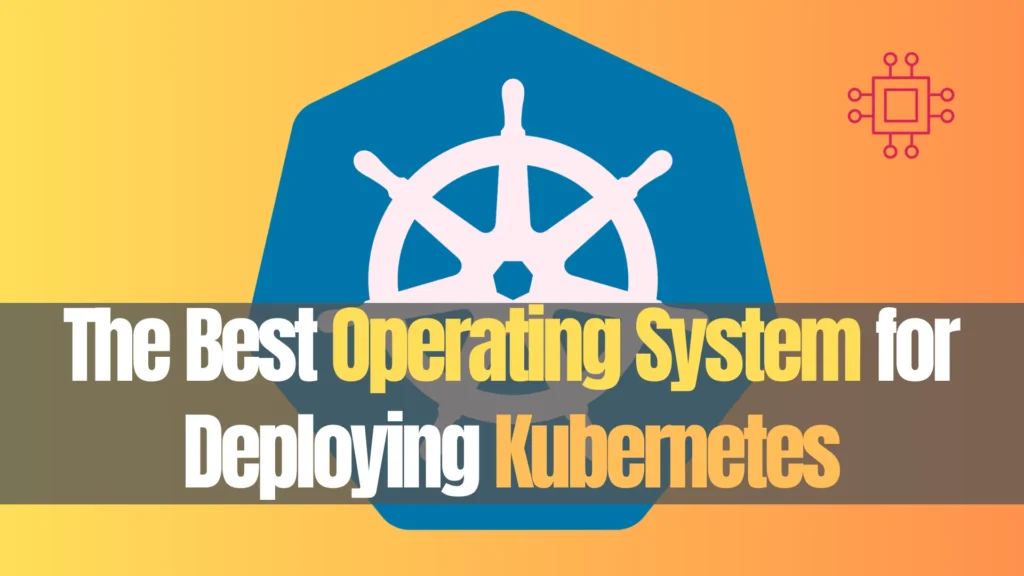
Compare the best operating systems for deploying Kubernetes, including Ubuntu, RHEL, Flatcar, Bottlerocket, Amazon Linux, and Talos Linux. Learn which OS fits your security, performance, and production needs. Table of Contents 🔈Introduction Selecting the best operating system for deploying Kubernetes is a foundational decision that affects security, reliability, scalability, and operational complexity. While Kubernetes abstracts […]
Performance Tuning XFS File Systems on Enterprise Linux
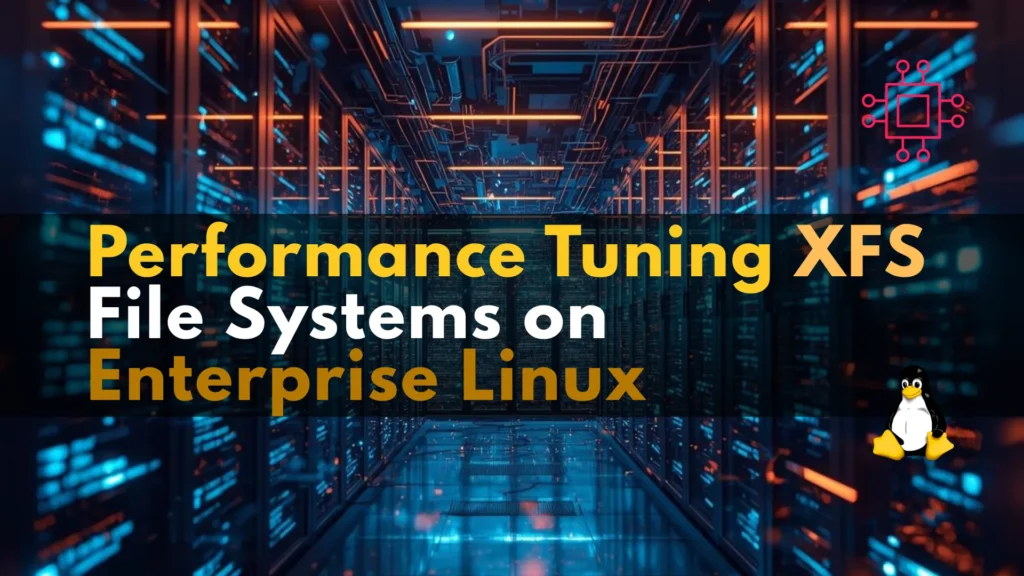
A practical guide to performance tuning XFS file systems on Enterprise Linux, covering mount options, hardware alignment, workload-specific tuning, and monitoring best practices. Table of Contents 🔈Introduction XFS is the default file system on many Enterprise Linux distributions for a reason: it scales, performs reliably under heavy workloads, and offers mature tooling. Yet out-of-the-box defaults […]
SELinux vs Fapolicyd on RHEL 8/9: What’s the Difference and Why You Need Both

Compare SELinux and fapolicyd on RHEL 8/9. Learn the core differences between Mandatory Access Control (SELinux) and Application Whitelisting (fapolicyd), why both are essential for a robust defense-in-depth strategy, and how to manage their policies for ultimate system hardening. Table of Contents 🔈Introduction In today’s complex threat landscape, securing a Red Hat Enterprise Linux (RHEL) […]
Migrate Zabbix 6.4 to Zabbix 7.0 LTS
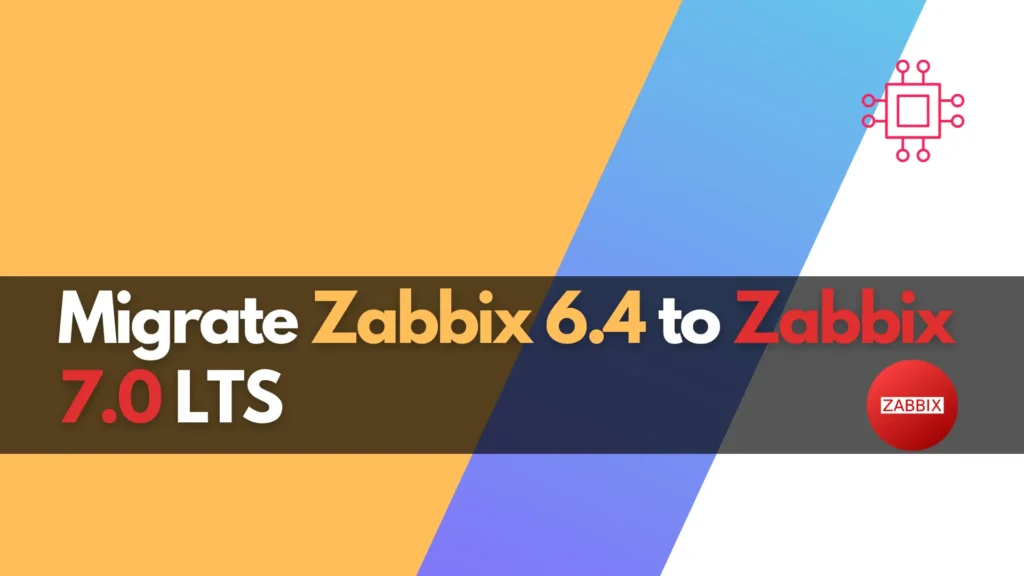
Comprehensive step-by-step guide to migrate Zabbix 6.4 to Zabbix 7.0 LTS for MySQL and PostgreSQL. Includes pre-checks, database commands, schema upgrades, and rollback instructions. Table of Contents 🔈Introduction Upgrading your Zabbix monitoring platform from version 6.4 to version 7.0 LTS is a strategic move that ensures long-term support, improved scalability, and enhanced performance. Active support […]
Install Grafana on RHEL 9 | CentOS 9

Learn how to install Grafana on RHEL 9 or CentOS 9—from repository setup through installation, service management, firewall & SELinux configuration, to securing your Grafana environment. Table of Contents 🔈Introduction If you’re working with Grafana and running a modern enterprise Linux environment like Red Hat Enterprise Linux 9 (RHEL 9) or CentOS Stream 9 (or a compatible EL9 distribution), […]
Install GIMP on RHEL 9 | CentOS 9

Learn how to install GIMP on RHEL 9, CentOS Stream 9, Rocky Linux 9, and AlmaLinux 9 using EPEL, Flatpak, or source builds. Includes step-by-step commands, troubleshooting tips, and comparisons for the best installation method. Table of Contents 🔈Introduction GIMP (GNU Image Manipulation Program) is one of the most widely used open-source graphics applications for […]
How to Diagnose and Fix Slow DNS Resolution on Linux
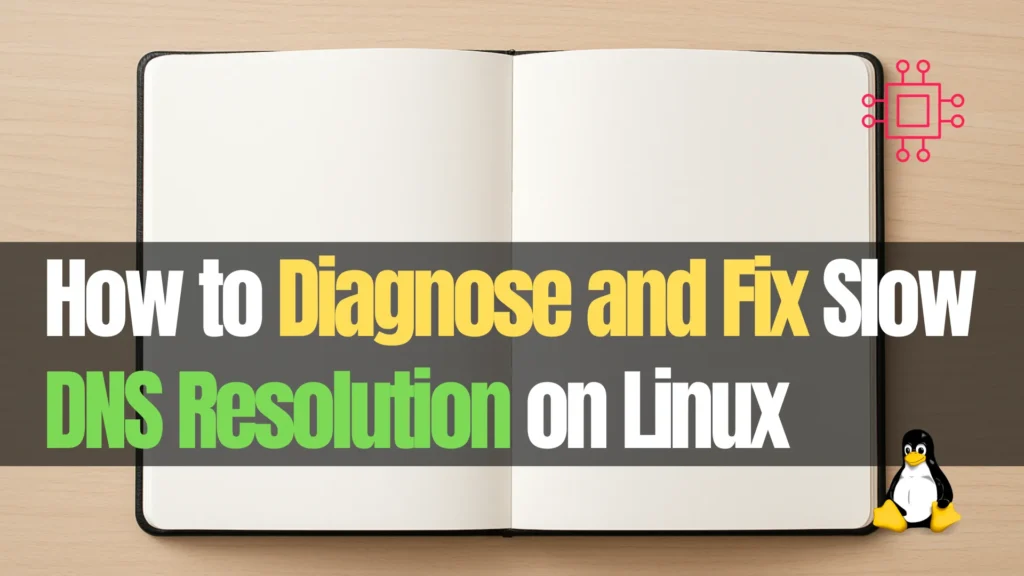
Improve Linux network performance by diagnosing and fixing slow DNS resolution. Learn step-by-step troubleshooting, CLI commands, and configuration fixes to speed up DNS lookups on any Linux distribution. Table of Contents 🔈Introduction Slow DNS resolution can make even the fastest Linux system feel sluggish. When domain lookups stall, websites load slowly, package managers hang on […]
How to Enable and Configure SELinux Policy Modules for Custom Applications

Learn how to enable, write, and configure SELinux policy modules for custom applications. Includes step-by-step instructions, file context management, CLI examples, and best practices for secure deployments. Table of Contents 🔈Introduction Security-Enhanced Linux (SELinux) is one of the most robust mandatory access control (MAC) frameworks available in modern Linux distributions. It enforces strict boundaries between […]
How to Set Up a RHEL 9 Workstation for Creative Professionals

Learn how to set up a RHEL 9 workstation for creative professionals, with step-by-step instructions for installing essential software, optimizing performance, and creating a smooth, efficient workflow. Table of Contents 🔈Introduction Red Hat Enterprise Linux (RHEL) is known for its stability and security, making it an excellent choice for developers and system administrators. However, RHEL […]
How to Run GUI Applications Remotely over SSH with X11 Forwarding / Waypipe
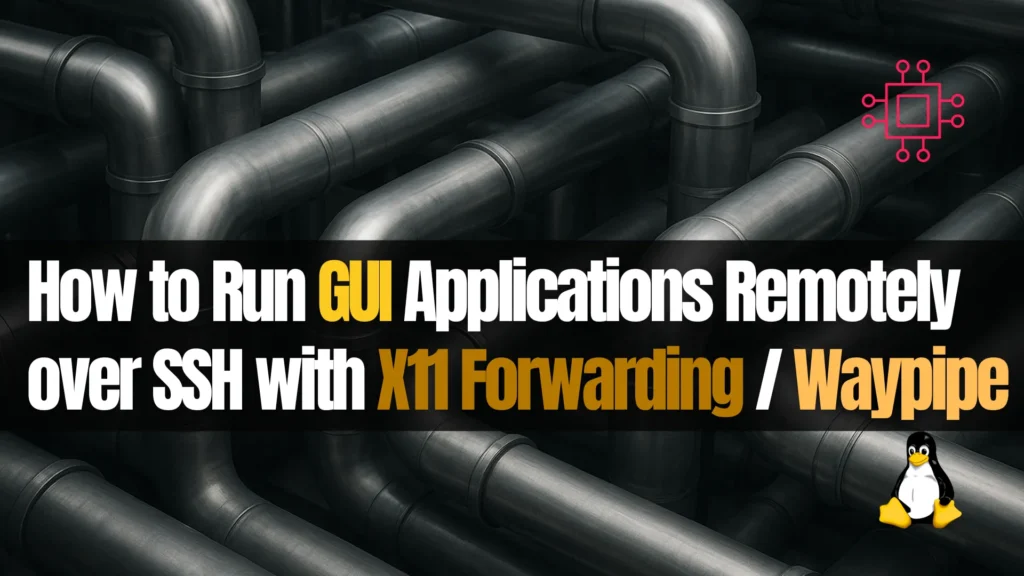
Learn how to run Linux GUI applications remotely over SSH using X11 forwarding or Waypipe. Includes setup steps, CLI examples, performance tips, security advice, and comparison charts for choosing the right method. Table of Contents 🔈Introduction Running graphical Linux applications on a remote server and displaying them on your local machine can be transformative for […]
